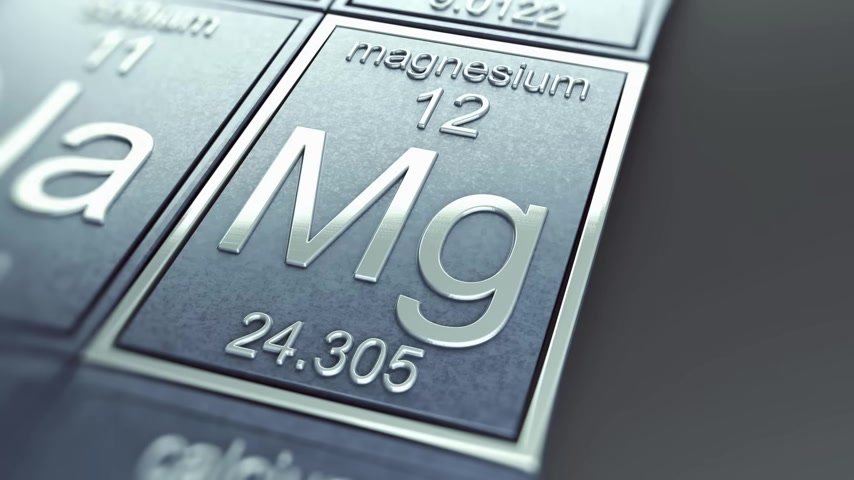Table of Contents
Discover the critical link between Vitamin D and magnesium deficiency. Learn how magnesium supports Vitamin D activation, enhances absorption, and maintains calcium balance. Ensure optimal health by addressing both deficiencies
Vitamin D and Magnesium Deficiency .
Today , I wanna talk about vitamin d and a magnesium deficiency .
There’s a very interesting relationship between vitamin d and magnesium that I think you should know about , especially since most of the population is deficient in both vitamin d and magnesium .
I think it’s 75% of the population has low vitamin d levels and 45% has low magnesium levels .
relationship between vitamin D and magnesium
And here’s what you need to know .
All of the enzymes involving the conversion of vitamin d to the active form of vitamin d are magnesium dependent .

That means if you’re completely zero with magnesium , vitamin d will not work . Period .
And we know how important vitamin d is for bone , for bone pain , for insulin resistance , for your immune system , to prevent muscle cramps , cardiovascular problems with blood pressure and fatigue .
So magnesium allows vitamin D to work and vitamin D also allows magnesium to be absorbed by a factor of 30% .
So they’re both synergistically helping each other .
The calcium connection
Now there’s another mineral involved , and it’s calcium .

If you’re low in magnesium , you’re gonna have problems with that calcium because not only does vitamin d help the absorption of calcium by 20% in your gut , but magnesium also helps regulate calcium .
Magnesium helps prevent calcium from building up inside your arteries .
Magnesium is really good for blood pressure and just having elastic arteries to adapt to exercise and bounce back from stress , things like that .

And it helps lower cortisol and it will help you sleep .
So there’s a certain ratio of calcium to magnesium that someone needs .
And roughly , you need like twice as much calcium as magnesium .
But nowadays , this ratio is really like 3 times as much calcium as magnesium .
Boost magnesium
And the simple solution is to increase your magnesium .
But the problem is how do you do that ?

Because the average person only consumes like 1 and a half cups of salad per day .
It’s not even probably the dark leafy greens that’s high in magnesium .
And also , like , I think it’s 83% of all the calories in the grocery store are ultra processed .
And that’s another way that people are deficient in magnesium because our foods are just stripped of all the magnesium .
And when we have this increase in calcium to a magnesium , then we start getting , you know , calcification of the arteries .

It even can increase the risk of different types of cancer , prostate , colorectal .
It can increase polyps , which potentially could end up going into a cancer state .
So I just wanted to put this on your radar to make sure you’re having enough of magnesium to allow vitamin d to work .
But also don’t forget about vitamin d .
You need that as well .
key Points:
- All of the enzymes involved in converting vitamin D to the active form depend on magnesium. Vitamin D won’t work in the body if you have a magnesium deficiency.
- Vitamin D is vitally important for the body, and it’s crucial to do what you can to avoid a vitamin D deficiency.
- Vitamin D also supports the absorption of magnesium. Vitamin D and magnesium work synergistically.
- Vitamin D and magnesium are also important to support the absorption and regulation of calcium. Magnesium helps prevent calcium from building up in your arteries.
- The body needs about twice as much calcium as magnesium. But many people are actually getting about three times as much calcium as magnesium.
- Having excess calcium with a magnesium deficiency can lead to serious side effects, including cancer.
- The solution is simple. You need to increase magnesium by consuming magnesium-rich foods, like leafy greens.
DATA:
Get my FREE PDF Guide on Magnesium 👉 Guide on Magnesium




